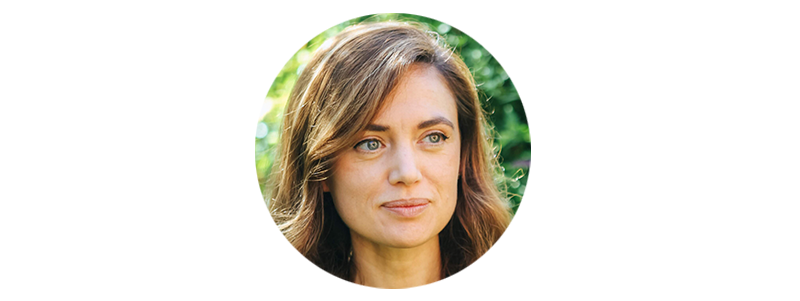One concern for Ruth Morgana teacher of criminal activity and forensic sciences at University College London where she concentrates on the function of science in the justice system and the examination and interaction of science in policy more broadly.

How can science be more innovative?
If we can weave imagination into how we do science as a neighborhood, we’ve got some huge chances. Storytelling is vital– it makes a huge distinction in science. Whether it’s with environment modification or worldwide health, you can establish a highly robust and sound option. If you have not got a cultural story that engages individuals and society, it will not do any excellent.
A great deal of my work has actually been attempting to establish an evidence-base for using science in the justice system. We can do science that addresses spaces and guarantees there’s information to analyze products in a criminal examination– soils, sediment, gunshot residue, and so on. Individuals keep stating to me that forensic science is great. They see programs like CSI and all of it looks spot-on and good and cool and neat. There are spaces in the evidence-base. Individuals ask if we require a miscarriage of justice to show where the spaces are. My reaction is we’ve had great deals of miscarriages of justice and they didn’t alter things. What we require is a David Attenborough. He informed stories in effective manner ins which engage individuals, that struck them where they live. That’s what brought the ecological program into a location where it wins individuals’s votes and modifications their habits.
We require to have imagination in science so that great science can make the very best effect possible. We require to have a storytelling element to what science is, where it originates from, and why it matters. We require to include society into science stories.
We require to have imagination in science so the great science can make the best effect that’s possible.
In a discussion with the coauthors of our current paper, among the coauthors discussed magic programs. Think about the whole experience of individuals participating in a magic program: prior to they go, what they experience in the program, how they feel later, and what they’re informing good friends a week later on. There’s something rather effective about that journey. We might provide science like that, as long as we make sure the science matters. We might guarantee we’re listening and including varied viewpoints that originate from generational distinctions, geographical distinctions, and disciplinary distinctions.
In science, you are frequently incentivized and rewarded for ending up being an expert, for discovering your specific niche and being the leading professional in it. It is much more difficult to create a course in science if you are somebody who works more at the crossways and is seeking to link various concepts and various methods of doing things and reimagine and craft brand-new techniques. I’m a company follower that in a clinical neighborhood, you require to have variety like you perform in every community. You require professionals however you likewise require those skilled generalists. All over the world we have borders in between our various disciplines. Universities are structured and bought into groups of disciplines and private disciplines. Crossing the borders within the university can be rather an obstacle. To what degree is it possible to produce facilities that make that simpler?
I’m starting to see several activities that are created to attempt and bring various point of views together. There’s the Center for Unusual Collaborations in the Netherlands, which is doing actually amazing work of attempting to bring various kinds of individuals together. ![]()
Lead image: cybermagician/ Shutterstock
-
Brian Gallagher
Published on June 5, 2023
Brian Gallagher is an associate editor at NautilusFollow him on Twitter @bsgallagher.
Get the Nautilus newsletter
Advanced science, deciphered by the really brightest living thinkers.
How Can Science Be More Creative? posted first on https://www.twoler.com/
No comments:
Post a Comment